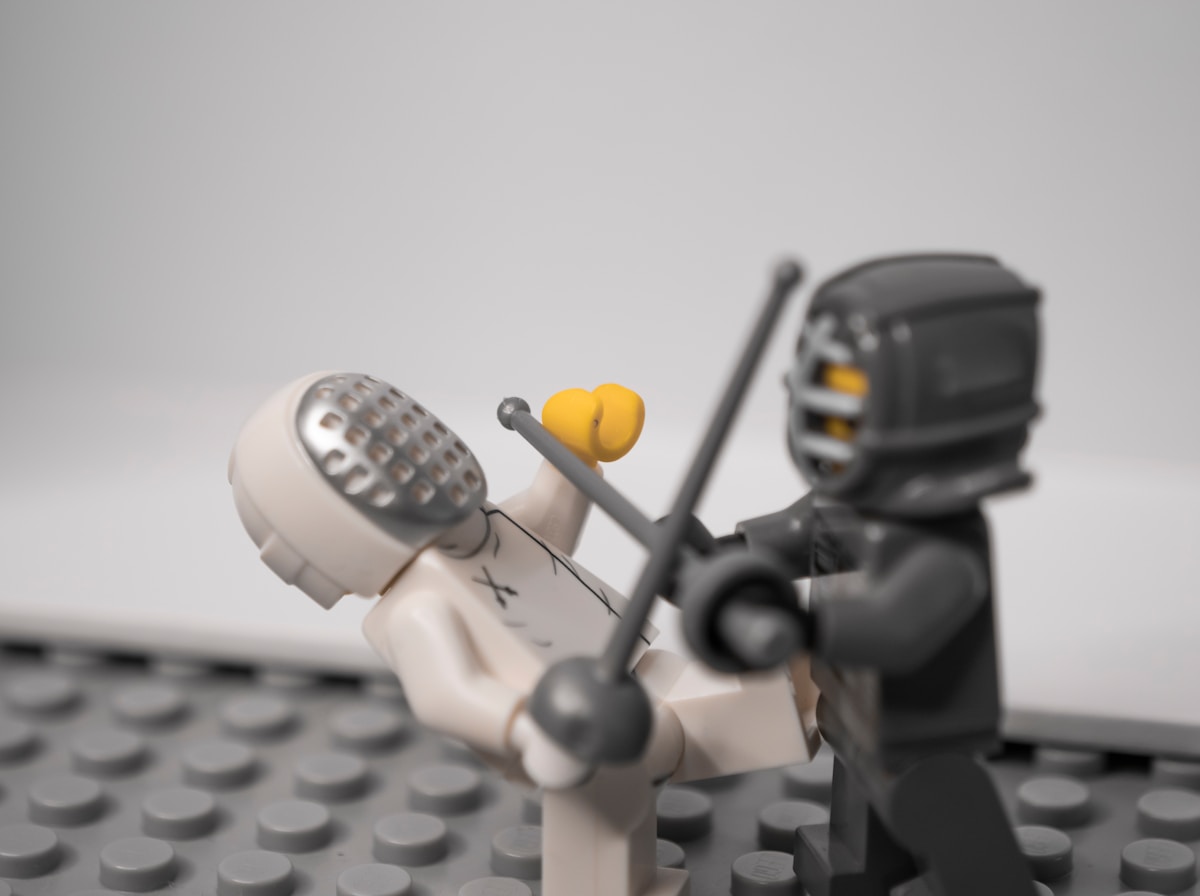Does the fact that we are losing our ability to communicate keep you up at night? It should.
Back to School
We never quite figured out how to teach students to write well. Ironically, we didn’t have the words. It may not be anyone’s fault and there are always the superstar teachers who help their students progress as writers, but that’s because they are born with the talent and devoted to their work.
Instead of well-articulated techniques for teaching students to write well, the handout goblins came up with some truly asinine shorthand devices and formulae. Though I have no affection for sentence frames, I would have to say that my least favorite is this one: a paragraph is a cheeseburger. That’s right elementary school kids! A topic sentence (the top of the bun), meat and cheese for “support”and then a bun-on-the-bottom conclusion. (I do wonder if parents in affluent districts have complained about how insensitive this is to vegans and vegetarians. And pescatarians. And the lactose intolerant).

And we wonder why nobody could learn to write? Why students suffer through high school and college English and why producing a personal statement to get into college is so excruciating. Not to mention the rarity of a decently constructed, respectful business email (by the way, when you type “Thx” instead of “Thanks”it makes the people reading it feel like they aren’t worth the extra three keystrokes). Because a paragraph is not a cheeseburger! It never made sense. It’s an ill-conceived formula that confuses students.
Look, the top and bottom of the bun are not the same at all. The top is an introduction. Why would that be puffier and rounder than the bottom? You’ve got me. The bottom is supposed to be a conclusion, hopefully with some "oomph" (or a transition if there's more to come). But it’s flatter and thinner than the top of the bun. Counterintuitive much? Poor third graders. While I understand that a paragraph is a gateway to bigger and better things and we want students to learn how to write one before we ask them for more, this isn’t the way. It encourages robotic writing.
How the Problem Gets Amplified
When we throw rules at kids that don’t quite make sense, the problem gets compounded like credit card interest. As they get older, how do they approach the dreaded five paragraph essay? What about something longer or a different genre? It’s not going to be all cheeseburgers all the time (or ever). When school ends, there’s work and all kinds of written deliverables.
Add in the ubiquity of tech and social media. Marketing-speak and short-form everything. Clickable and shareable matter more than any other attribute. Only 1/3 of Americans even read books anymore. But they are reading something: Sound-bites. Written according to formulae. There are now companies out there touting the power of AI to write the copy and edit work and content gurus making money telling people how to use words to induce actions. As long as people click, like or follow or it saves someone time somewhere, the monetizers are happy.

I’ve worked as a lawyer and a content creator and strategist, so I deeply understand word pyrotechnics. But the work that I would do even if didn’t get paid is writing coaching and editing. And I have worked with everyone from economists to consultants to book writers to ELD students to screenwriters. What I know is this: explaining how to write effectively is hard. But it’s not impossible.
Why Does This Matter?
From texts to tweets to treatises, we’re using words as symbols and hoping they help us reach our goals. But we are trained to be imitative, performative and cliched. Weak writing causes misunderstandings, resentments and misdirection. It blocks authenticity and that’s what creates connection, productivity and real success. It all goes back to the fact that we’re taught grammar, sentence frames, cutting and pasting and inept metaphors that aren’t really science or art. Like the paragraph masquerading as a cheeseburger.
I might sound like some word nerd with an axe to grind, but I believe this is more than persnickety perfectionism on my part. We’re teaching right and wrong without subtlety and it’s a self-fulfilling prophecy made worse in the age of computing. It’s too easy to copy text, change things enough that they feel like yours (and you don't get an "F") and keep moving. Writing is a process, and there are mechanics involved, but there should be more to it than that.

People become entrenched in their habits. If you look at the country, the product of our education system, you see people who cannot communicate with one another. Everyone thinks they’re right. Because they know how to do a cheeseburger paragraph, a proper tweet or whatever formula they follow. Grid-graders give check-plusses and people like and upvote pieces of writing because writers check the boxes and choose the same loaded words as those who share their viewpoints. Those words turn into hashtags and get read by algorithms.
What do we get? Silos. Separation. Confirmation bias and entrenchment.
What do we miss out on? Perspective, dialogue and deeper understanding.
So, say it with me: A paragraph is not a cheeseburger.
